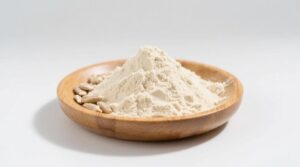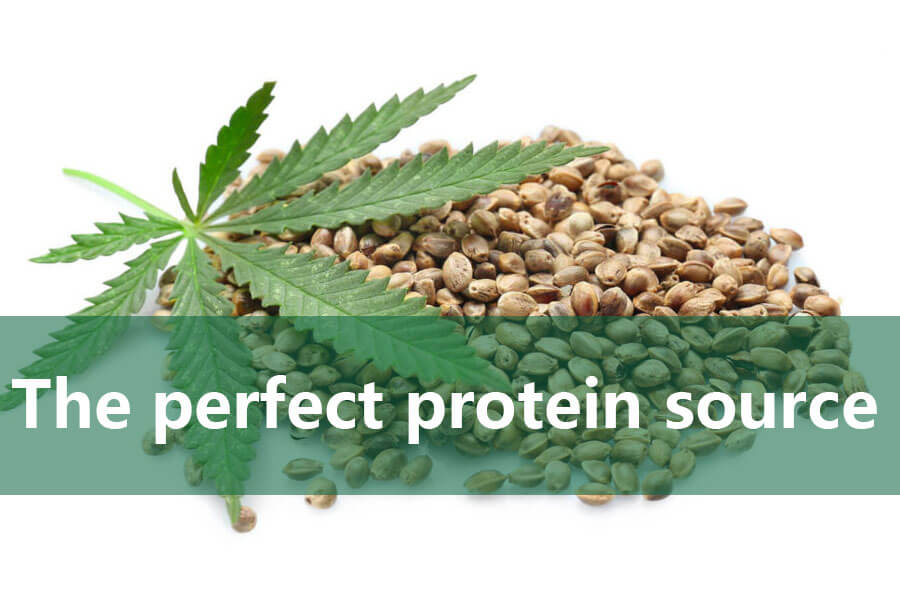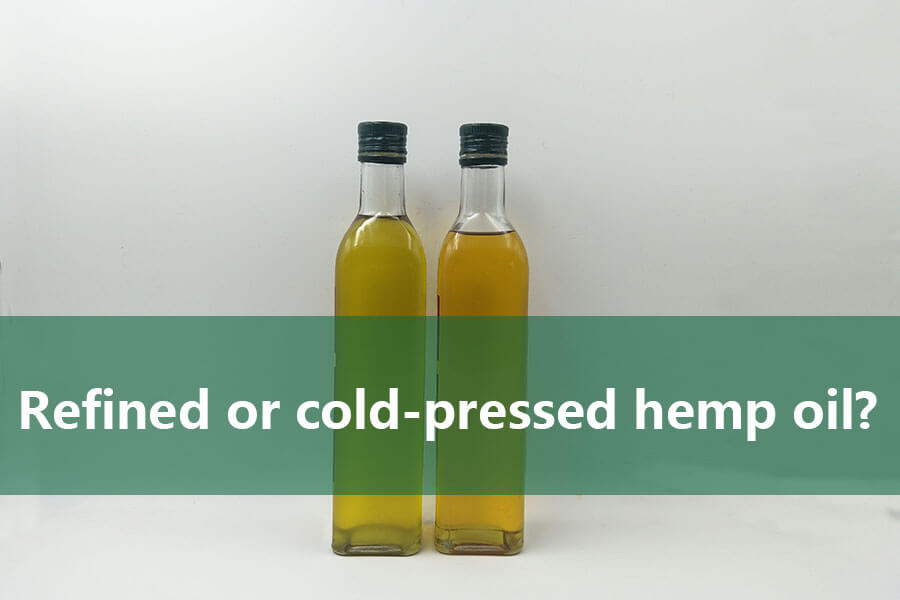The world of plant-based proteins can feel overwhelming, with countless options promising everything from muscle growth to digestive harmony. If you’re looking for a protein that’s gentle, clean-tasting, and incredibly versatile, organic sunflower seed protein powder is a fantastic choice that’s gaining serious popularity. But with so many options popping up, how do you pick the best one for your needs?
Let’s walk through what to look for when selecting your ideal organic sunflower seed protein powder to ensure you’re getting top quality and maximum benefit.
Why Choose Organic Sunflower Seed Protein? A Quick Refresh
Before diving into selection tips, let’s quickly remember why organic sunflower seed protein is such a standout:
- Allergen-Friendly: It’s naturally free from common allergens like dairy, soy, gluten, and often nuts, making it a safe choice for many sensitive diets.
- Neutral Flavor: Unlike some plant proteins, it has a wonderfully mild taste that won’t overpower your smoothies or recipes.
- Sustainable: Sunflowers are a low-input crop, making this a more eco-conscious protein choice.
- Nutrient-Rich: It provides complete protein (with essential amino acids) and beneficial minerals like magnesium, zinc, and iron.
Your Smart Shopper’s Checklist: What to Look for When Buying
When you’re ready to add organic sunflower seed protein powder to your pantry, keep these key factors in mind:
- Always Choose “Organic” Certified:
- Why it Matters: The “organic” label isn’t just a trend; it’s your assurance of purity. It means the sunflowers were grown without synthetic pesticides, herbicides, or GMOs. For a product you’re consuming regularly, this commitment to clean sourcing is vital for your health and the environment.
- Look For: Reputable organic certifications (like USDA Organic, EU Organic, or JAS in Japan) clearly displayed on the packaging.
- Examine the Ingredients List: Purity is Key:
- Why it Matters: You want pure organic sunflower seed protein, not a blend loaded with fillers, artificial flavors, or sweeteners. Simplicity often equals quality.
- Look For: A short ingredient list, ideally with just “organic sunflower seed protein” or “organic partially defatted sunflower seeds.” Avoid products with added gums, artificial colors, or excessive natural flavors if you prefer a truly unadulterated product.
- Consider the Protein Content and Processing:
- Why it Matters: Different processing methods can result in varying protein percentages and textures. Most quality sunflower protein powders will range from 45% to 60% protein.
- Look For: The protein percentage per serving. While higher is often good, ensure it’s still minimally processed. Cold-pressed or mechanically pressed methods are generally preferred as they retain more nutrients.
- Taste and Texture (If Possible):
- Why it Matters: Even though sunflower protein is known for its neutrality, subtle differences exist between brands. Texture can also vary, impacting how it blends.
- Look For: Customer reviews specifically mentioning taste and texture. If buying in a store with samples, even better! Otherwise, start with a smaller size to test if it meets your preference for smoothness in shakes or subtle flavor in baked goods.
- Packaging and Storage:
- Why it Matters: Proper packaging protects the delicate nutrients and extends shelf life.
- Look For: Resealable bags or containers that prevent air and moisture exposure. Store in a cool, dark place once opened.
By keeping these tips in mind, you’ll be well-equipped to select an organic sunflower seed protein powder that not only meets your dietary needs but also supports your commitment to clean eating and sustainable choices. Enjoy the versatile, gentle power of this incredible plant protein!
Recommended Product
Organic Sunflower Seed Protein Powder
Organic sunflower seed protein powder offers ≥80% high-quality plant protein with excellent digestibility and hypoallergenic…



